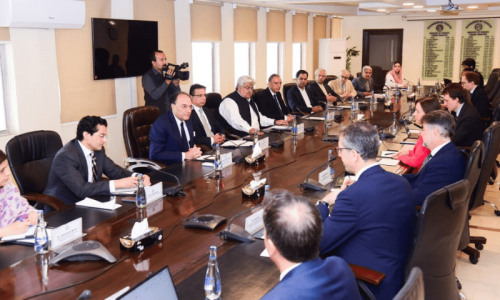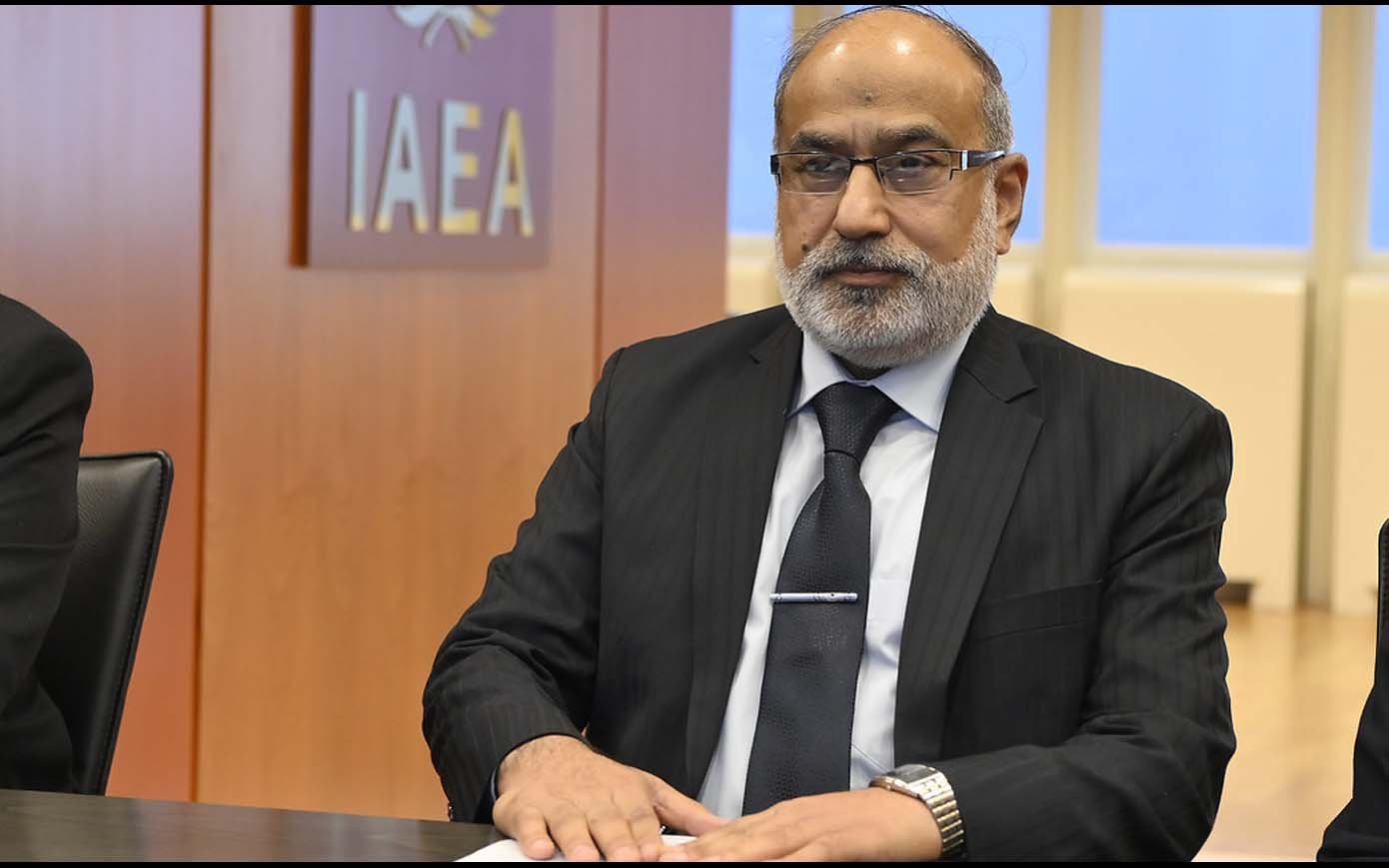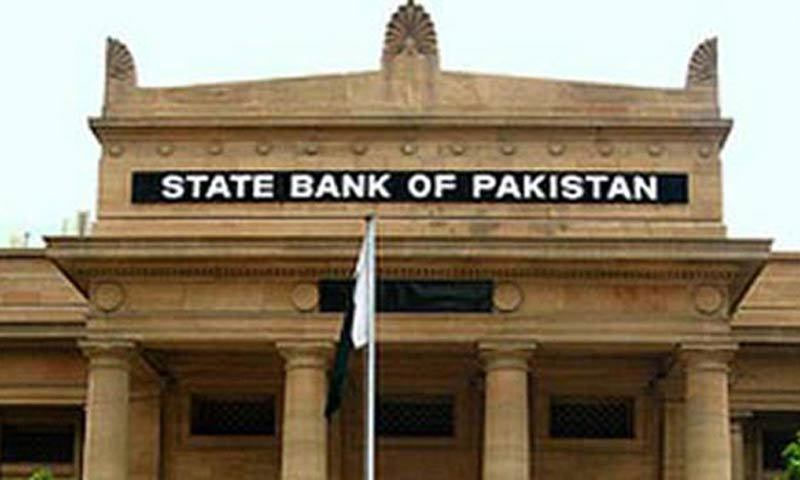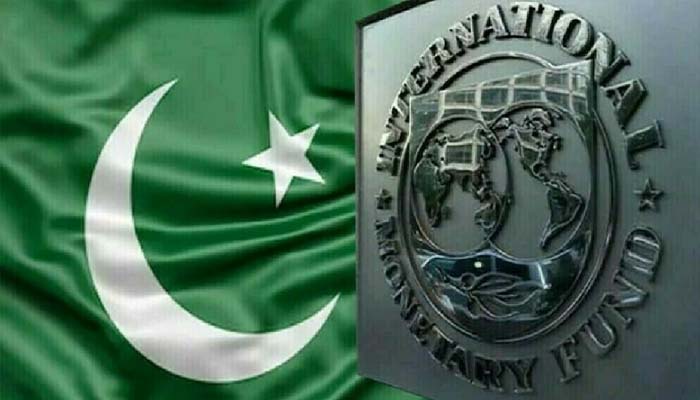TRADE & ECONOMY

Weeklong discussions between Pakistan and the International Monetary Fund (IMF) concluded on Friday without the usual post-mission statement, signaling ongoing deliberations over critical fiscal and policy issues. The talks, led by IMF mission chief Nathan Porter and Finance Minister Muhammad Aurangzeb, covered a range of topics, including Pakistan’s fiscal adjustments, climate financing, and loan program size.
Fiscal Adjustments and Punjab’s Revised Data
A major development during the talks was the revision of Punjab’s fiscal position. Initially reported as running a Rs160bn deficit for Q1 FY2024-25, Punjab is now shown as achieving a Rs40bn surplus after the exclusion of a Rs200bn pension provision. The revised fiscal operations data, uploaded by the Ministry of Finance, helped Pakistan meet the IMF’s provincial cash surplus targets, reaching Rs360bn cumulatively against a target of Rs342bn.
Punjab’s cash surplus, however, remains the lowest among provinces, with smaller provinces raising concerns about IMF-mandated policies, such as the removal of wheat subsidies, which they fear could lead to food insecurity.
Climate Financing and Agriculture Tax Challenges
Pakistan also pushed for an additional $1.2bn loan under the IMF’s climate financing initiative. This funding is intended to help countries most vulnerable to climate disasters enhance resilience and adaptation.
The talks highlighted challenges in implementing an agricultural income tax, which could potentially yield Rs230bn annually. Despite legislation passed in Punjab, tax rates remain undecided, with enforcement hurdles cited due to capacity constraints and weak land records. Federal Board of Revenue (FBR) officials admitted that compliance challenges persist even in urban areas, raising doubts about effective implementation in rural regions.
Provincial Responsibilities and Development
For the first time, provinces were directly involved in IMF talks under Pakistan’s loan program. Discussions included provincial financing for the Benazir Income Support Programme, higher education, and devolution of federal development projects. While Sindh has yet to finalize its stance, other provinces have committed to implementing agreed policies by early 2025.
The IMF acknowledged provincial concerns and pledged technical assistance to address challenges in agriculture tax enforcement and fiscal devolution.
Next Steps and Revenue Targets
Pakistan faces a February 2025 deadline to address revenue shortfalls of Rs190bn from the first four months of FY2024-25. Formal review talks are expected by March 2025 to assess compliance with IMF benchmarks for the disbursement of a $1bn tranche.
The Ministry of Finance emphasized its commitment to meeting targets and achieving long-term revenue goals, with agricultural tax revenue projected to grow from Rs10bn to Rs1 trillion over the next few years.
Gas Sector Update
In a related development, Sui Northern Gas Pipelines Limited (SNGPL) clarified that reduced gas curtailments were due to lower power sector consumption rather than unaccounted-for gas losses. Declining demand for regasified liquefied natural gas (RLNG) led to a 150 mmcfd reduction in power sector usage.
The IMF’s formal feedback is expected in the coming days, as Pakistan navigates critical fiscal and economic reforms to ensure program compliance and secure much-needed financial support.




